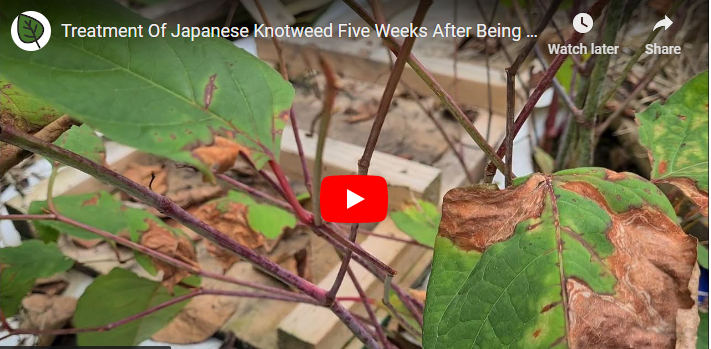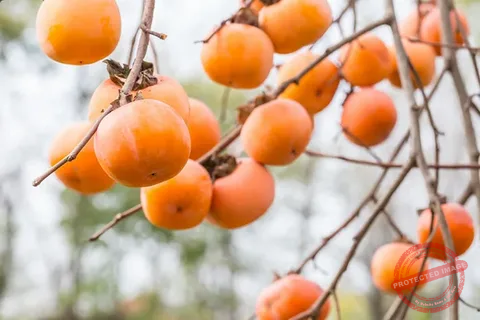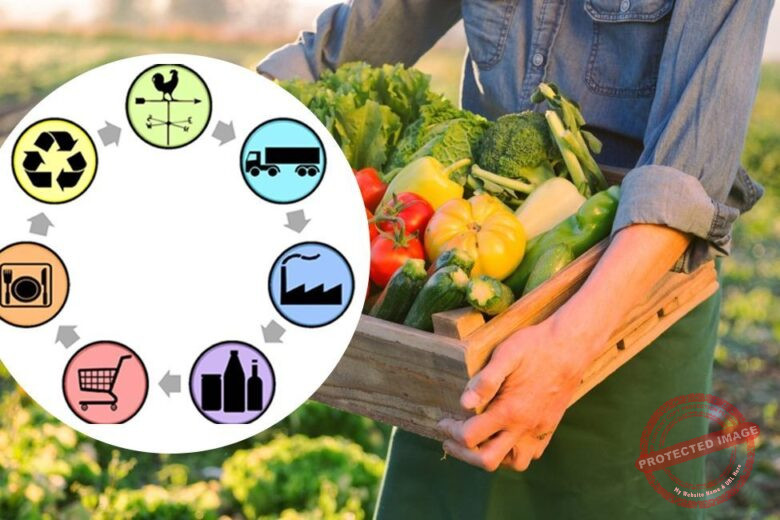You may need to get your cabbage farm fertilizer and you are in a quest to know some of the best fertilizers you can apply in your cabbage farm, I have covered all you need to know in this content.
Some of the best Organic Fertilizers for cabbage farms include Fish Emulsion Fertilizer, Composted Manure, Worm Castings, Bone Meal, Blood Meal, Seaweed Extract, Chicken Manure, Mushroom Compost, Bat Guano, and Coffee Grounds. While some of the best Inorganic Fertilizers for cabbage farms include Nitrogen-Based Fertilizers, Phosphorus-Based Fertilizers, Potassium-Based Fertilizers, Complete Fertilizers, Slow-Release Fertilizers
Now that we have an overview of the 15 best fertilizer options for cabbage, let’s delve into each one to understand their benefits and usage in greater detail.
15 Best Fertilizers for Cabbage Organic & Inorganic
1. Fish Emulsion Fertilizer
Derived from fish waste and contains essential nutrients like nitrogen, phosphorus, and potassium.
Provides an immediate nutrient boost to your cabbage plants.
Acts as a natural soil conditioner, improving soil structure and fertility.
Read Also: 15 Best Fertilizers for Carrot Organic & Inorganic: Boost Your Carrot Growth!
2. Composted Manure
Rich in organic matter, nitrogen, and other vital nutrients.
Enhances soil quality, promotes microbial activity, and boosts plant growth.
Apply well-rotted manure to prevent burning your cabbage plants.
Read Also: 15 Best Fertilizers for Maize: Organic & Inorganic
3. Worm Castings
Dark, nutrient-rich vermicompost produced by earthworms.
Enhances soil structure, moisture retention, and nutrient availability.
Supports healthy root development and strengthens cabbage plants’ resistance to diseases.
Read Also: Top 10 Best Herbicides for Lawns
4. Bone Meal
A slow-release fertilizer high in phosphorus, essential for root development and overall plant growth.
Ideal for promoting strong root systems in young cabbage plants.
Avoid using bone meal excessively, as it can lead to phosphorus buildup.
Read Also: Top 10 Best Herbicides for Dandelions
5. Blood Meal
A rich source of organic nitrogen, promoting lush foliage and vigorous growth.
Deters pests like rabbits due to its scent.
Use blood meal sparingly and avoid contact with cabbage leaves to prevent nitrogen burn.
Read Also: Top 10 Best Herbicides for Creeping Charlie
6. Seaweed Extract
Packed with micronutrients, growth hormones, and beneficial plant compounds.
Boosts overall plant health, improves nutrient uptake, and increases resistance to stress.
Apply as a foliar spray or mix with water for root drenching.
Read Also: Top 10 Best Herbicides for Spurge
7. Chicken Manure
High in nitrogen, phosphorus, and potassium, making it an excellent all-around fertilizer.
Enhances soil fertility, stimulates healthy foliage growth, and promotes robust cabbage plants.
Use well-composted chicken manure to avoid burning the plants.
8. Mushroom Compost
Made from a mixture of mushroom growing medium, organic matter, and manure.
Improves soil structure, water retention, and nutrient availability.
Provides a slow-release source of nutrients for sustained cabbage growth.
Read Also: 15 Best Fertilizer for Cocoa Farm [Organic & Inorganic]
9. Bat Guano
A potent organic fertilizer rich in nitrogen, phosphorus, and potassium.
Stimulates rapid growth, increases flowering, and enhances cabbage plant vigor.
It is available in different forms, such as powdered or pelleted, for easy application.
Read Also: 15 Best Fertilizers for Onions Farm [Organic & Inorganic]
10. Coffee Grounds
Contains nitrogen, potassium, phosphorus, and other essential minerals.
Enhances soil fertility, improves drainage, and suppresses certain pests and diseases.
Incorporate coffee grounds into the soil or use them as mulch around cabbage plants.
Moving on to inorganic fertilizers for cabbage:
Read Also: 15 Best Fertilizer for Sweet Potatoes Farm [Organic & Inorganic]
11. Nitrogen-Based Fertilizers
Examples include ammonium nitrate, urea, and ammonium sulfate.
Boosts foliage growth and chlorophyll production.
Apply nitrogen-based fertilizers in moderation to prevent excessive vegetative growth.
12. Phosphorus-Based Fertilizers
Common sources include superphosphate and rock phosphate.
Promotes root development, flower formation, and fruit production.
Incorporate phosphorus-based fertilizers into the soil before planting or during early growth stages.
13. Potassium-Based Fertilizers
Potassium sulfate and potassium chloride are popular choices.
Enhances overall plant vigor, disease resistance, and stress tolerance.
Apply potassium-based fertilizers in conjunction with nitrogen and phosphorus for balanced nutrition.
14. Complete Fertilizers
Blends of nitrogen, phosphorus, and potassium in varying ratios.
Provide a balanced nutrient profile for overall cabbage plant health.
Follow label instructions for proper application rates and timing.
15. Slow-Release Fertilizers
Granular fertilizers designed to release nutrients gradually over time.
Reduces the frequency of fertilizer application.
Ideal for gardeners seeking convenience and consistent nutrient supply.
Now that we have explored the 15 best fertilizers for cabbage, both organic and inorganic, let’s address some commonly asked questions.
Can I use organic fertilizers for cabbage?
Absolutely! Organic fertilizers are an excellent choice for cabbage. They provide nutrients while improving soil health and sustainability.
How often should I fertilize cabbage plants?
It’s best to fertilize cabbage plants at planting and then again when they reach the active growth stage. Follow the product instructions for specific recommendations.
Is it necessary to use both organic and inorganic fertilizers?
No, it’s not necessary. You can choose either organic or inorganic fertilizers based on your preferences and gardening practices.
Can I make my own organic fertilizer for cabbage?
Yes, you can create homemade organic fertilizers using compost, manure, or other organic materials. Ensure proper composting and use in moderation.
Should I use liquid or granular fertilizers for cabbage?
Both liquid and granular fertilizers are suitable for cabbage. Choose the type that aligns with your application preferences and gardening style.
How can I prevent fertilizer burn on cabbage plants?
To avoid fertilizer burn, follow the recommended application rates and avoid direct contact between the fertilizer and the leaves. Water the plants thoroughly after fertilizing.
Can I use synthetic fertilizers on organic cabbage?
Organic cabbage cultivation strictly prohibits the use of synthetic fertilizers. Stick to organic fertilizers and soil amendments to maintain organic certification.
Is it better to fertilize cabbage with slow-release or fast-acting fertilizers?
Both slow-release and fast-acting fertilizers have their benefits. Slow-release fertilizers provide gradual nutrient release, while fast-acting ones offer immediate results. Choose based on your needs and preferences.
Can I use fertilizer meant for other vegetables on cabbage?
While some general-purpose fertilizers work well for multiple vegetables, it’s advisable to choose a fertilizer specifically formulated for cabbage to meet its unique nutrient requirements.
How long does it take to see results after fertilizing cabbage?
The time it takes to see results after fertilizing cabbage depends on various factors such as the fertilizer type, soil conditions, and plant health. Generally, you can expect visible improvements within a few weeks.
Now that we have addressed some common questions, it’s time to wrap up this guide.
Conclusion
Choosing the right fertilizer is essential for the successful growth of cabbage. In this comprehensive guide, we explored the 15 best fertilizers for cabbage, including both organic and inorganic options. From fish emulsion and composted manure to nitrogen-based and slow-release fertilizers, each type offers unique benefits for your cabbage plants.
Remember to consider factors such as nutrient content, application method, and plant stage when selecting a fertilizer. Follow the instructions provided by the manufacturer and adjust the application rates accordingly.
By providing the necessary nutrients, these fertilizers will promote healthy foliage, robust root development, and increased resistance to diseases and pests. Ultimately, the right fertilizer will help you achieve a bountiful cabbage harvest and enjoy the fruits of your labor.
So, get ready to nourish your cabbage plants and witness their growth flourish. Happy gardening!



![How To Buy Farmland For Investment [Farmer’s Guide]](https://agrolearner.com/wp-content/uploads/2024/01/Farmland.jpg)